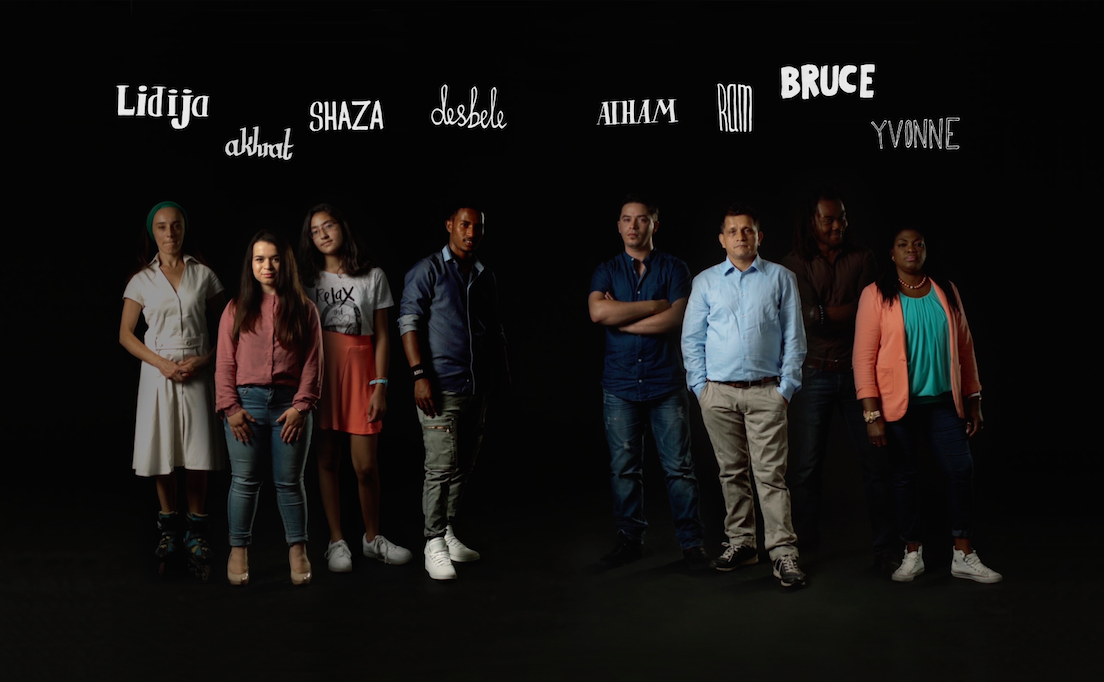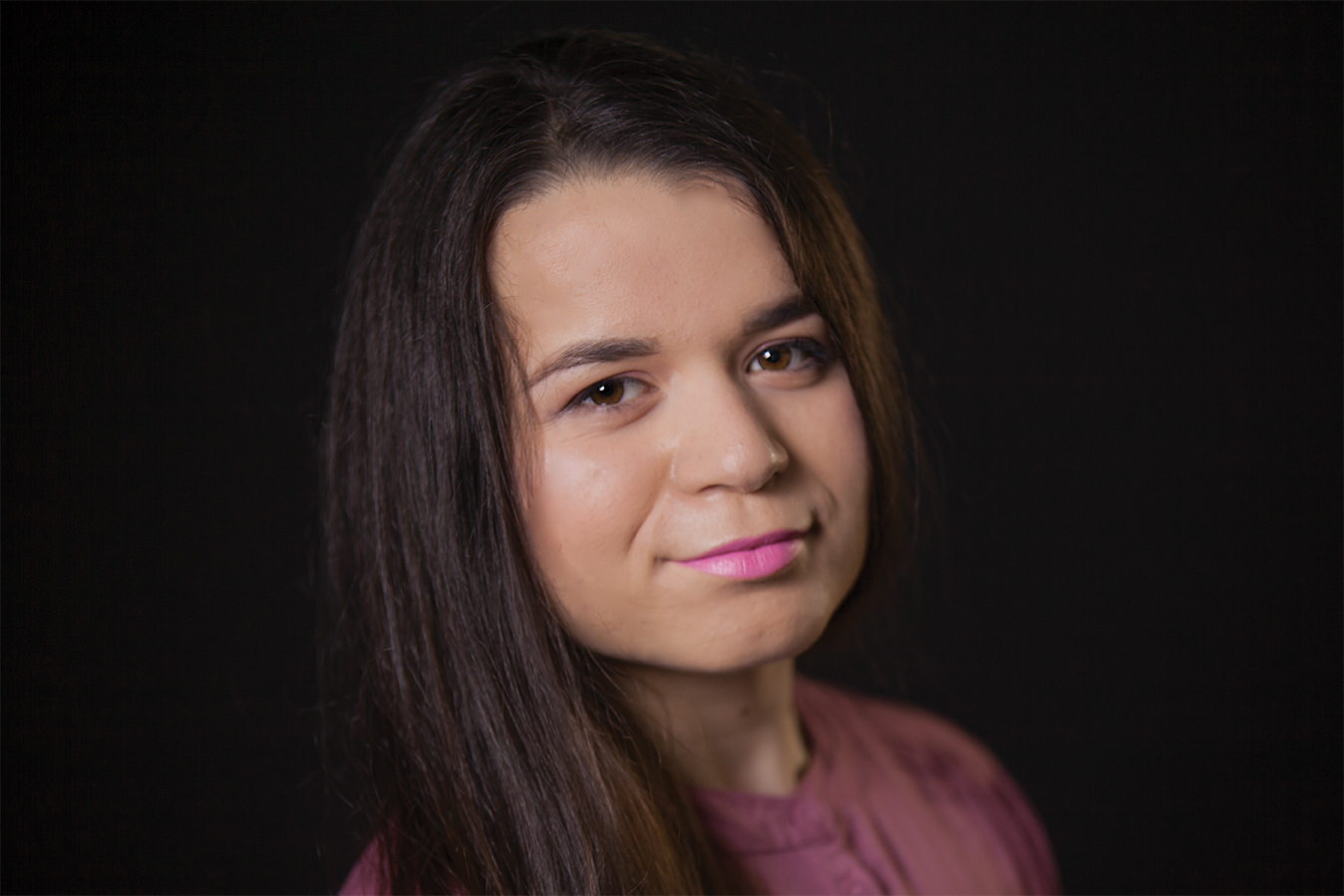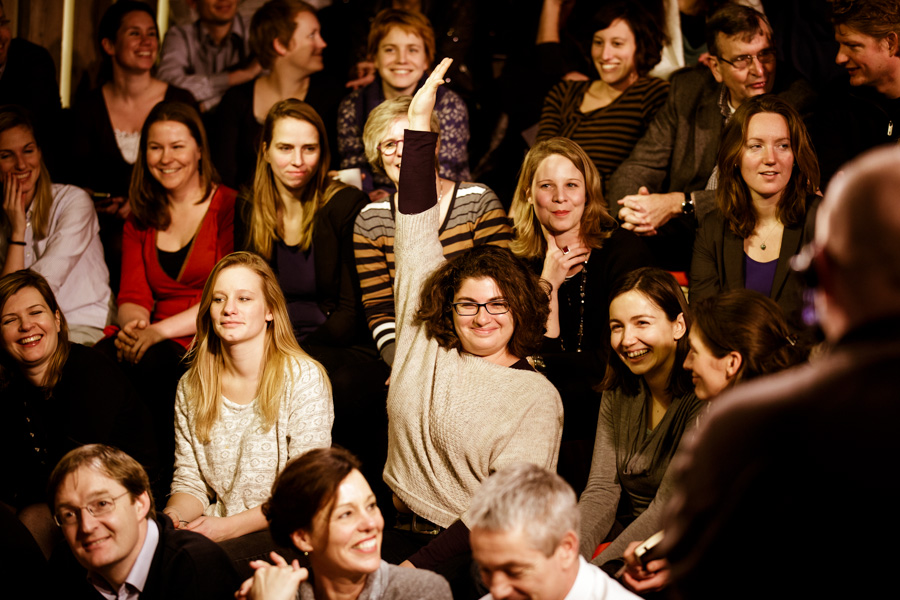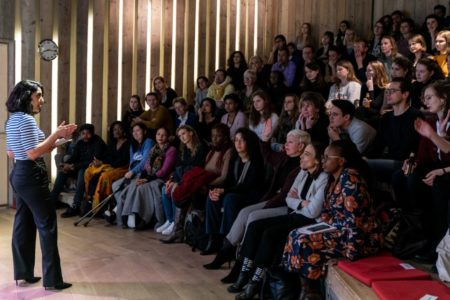The first and foremost goal of humanitarian aid is to save lives. But what if humanitarian action becomes an element in a conflict? During this second edition of Hot Humanitarian Topics, we talk with the South Sudanese scientist Jok Madut Jok about the unintended consequences of humanitarian aid during the conflict in South-Sudan and other African countries.
In 2017 humanitarian organizations warned for a severe famine in South Sudan. In The Netherlands, Giro555 organized a campaign to raise money. But according to Jok Madut Jok, executive director of the South Sudanese think tank Sudd Institute, the activities of the international (humanitarian) organizations in South Sudan are keeping up the war in South Sudan, and therefore should stop. Aid gives the political leaders of South Sudan an alibi for their failure to take care of the welfare of their people. And it also feeds the armies that fight with each other: “If the international community did not help, my assessment is that political leaders no longer allow people to die, and they would stop the war.”
During this edition of Hot Humanitarian Topics Jok Madut Jok gives a short keynote speech, addressing the unintended consequences of humanitarian aid in South Sudan and other African countries. His keynote speech is followed by a discussion with him and speakers from the humanitarian sector.
About Jok Madut Jok
Jok Madut Jok is currently the executive director of the Sudd Institute, a public policy research center based in South Sudan. Jok is also a professor of anthropology at the University of Juba in South Sudan. He is a widely recognized specialist on security, conflict, humanitarian aid, and political violence.
Following the independence of South Sudan in 2011, Jok served for two years in the government of South Sudan as undersecretary in the Ministry of Culture and Heritage. Jok has also worked in the aid and development sectors and is the author of four books including The Search for Peace (2017) and Sudan: Race, Religion and Violence (2007), and numerous articles covering humanitarian aid, gender, sexuality and reproductive health, ethnography of political violence, gender-based violence, and war and slavery and the politics of identity in South Sudan and Sudan.
Other speakers
- Ton Huijzer gives an introduction to the issue from a humanitarian perspective. Ton Huijzer is a consultant in the humanitarian aid sector. Prior to this he worked for the Red Cross, Medecins Sans Frontieres and the International Rescue Committee / Stichting Vluchteling.
- Bram Jansen is assistant professor at Wageningen university, teaching about and researching refugees and forced migration, protracted refugee situations and humanitarian aid. For his doctoral research (2004-2011) he spent two years in Kakuma, a refugee camp in Northern Kenya that receives people from South Sudan, Ethiopia, Somalia, Congo and Uganda. For his post-doc he studied humanitarian decision-making and its effects in South Sudan.
- Akke Boere studied to be cultural anthropologist but has been Operational Manager at Médecins Sans Frontières (MSF) in Amsterdam for a long time. She is responsible for the medical and humanitarian projects in South Sudan, Afghanistan, Pakistan and Bangladesh. For the past 15 years, she also worked in India, Papua New Guinea, Chad and the Central African Republic and coordinated large-scale medical emergencies.






